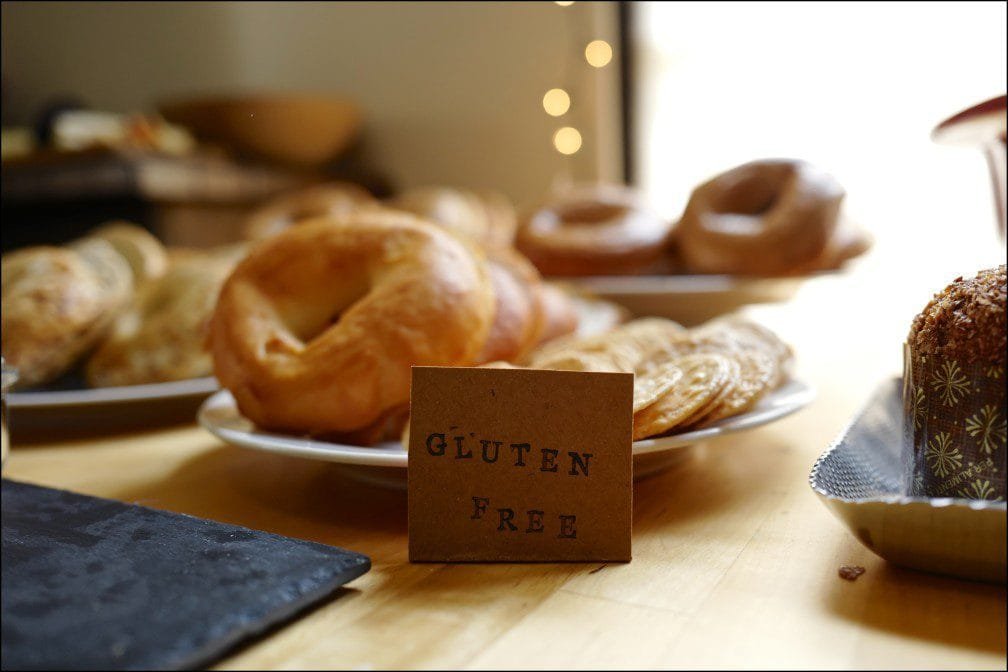How to Change Your Diet When You Have Gluten Sensitivity
Gluten is the collective name for a group of proteins found in grains like wheat, barley, and rye. When consumed, some people experience digestive discomfort, headaches, weight loss, and dermatitis after eating gluten. Removing gluten from your diet can help improve your physical and digestive health. If you have a gluten sensitivity, change your diet by seeking out gluten-free alternatives, eating more unprocessed foods, and increasing your nut and seed intake.

Seek Out Gluten-Free Alternatives
Gluten is often present in common grains such as wheat, barley, and rye. So many products in the market contain these grains, making it difficult to avoid. Seek out gluten-free alternatives by looking for products made with grains that do not include gluten. Gluten-free grains include quinoa, brown rice, buckwheat, oats, etc. You can also look for gluten-free certification labels on products. The FDA requires companies to certify when a product claims to be gluten free and label it accordingly. This can help you come up with alternative food solutions that can substitute for everyday food items.
Eat More Unprocessed Foods
The more a food is processed, the less it contains its original nutrients. Many mainstream processed foods contain gluten including beer, pasta, pies, cookies, candies, cakes, cereals, and crackers. Gluten is commonly used to help prolong the shelf life of processed products. By eating more unprocessed foods, you decrease your gluten intake. According to Granite Peaks Gastroenterology, most unprocessed foods are free of gluten. Food in its whole form is the healthiest version. Unprocessed foods are typically fresh foods. Fresh vegetables, fruits, meat, eggs, and dairy are unprocessed foods that contain the vital nutrients you need to live a healthy life.
Increase Your Nut and Seed Intake
Many individuals who choose to eat gluten free find themselves deficient in essential nutrients like zinc, calcium, and fiber. That is because these nutrients are often found in grains that contain gluten. However, nuts and seeds are naturally gluten-free and are a great resource for consuming these nutrients. Almonds, pecans, walnuts, macadamia nuts, flax seeds, chia seeds, and sunflower seeds are some of the nuts that Healthline suggests.
Individuals with celiac disease or a gluten sensitivity have a very hard time digesting foods that contain gluten. You can eliminate gluten from your diet by seeking out gluten-free alternatives, eating more unprocessed foods, and increasing your nut/seed intake. This will help you live a better and healthier lifestyle.
Check out this article on 3 types of food to cook that are friendly to beginners!